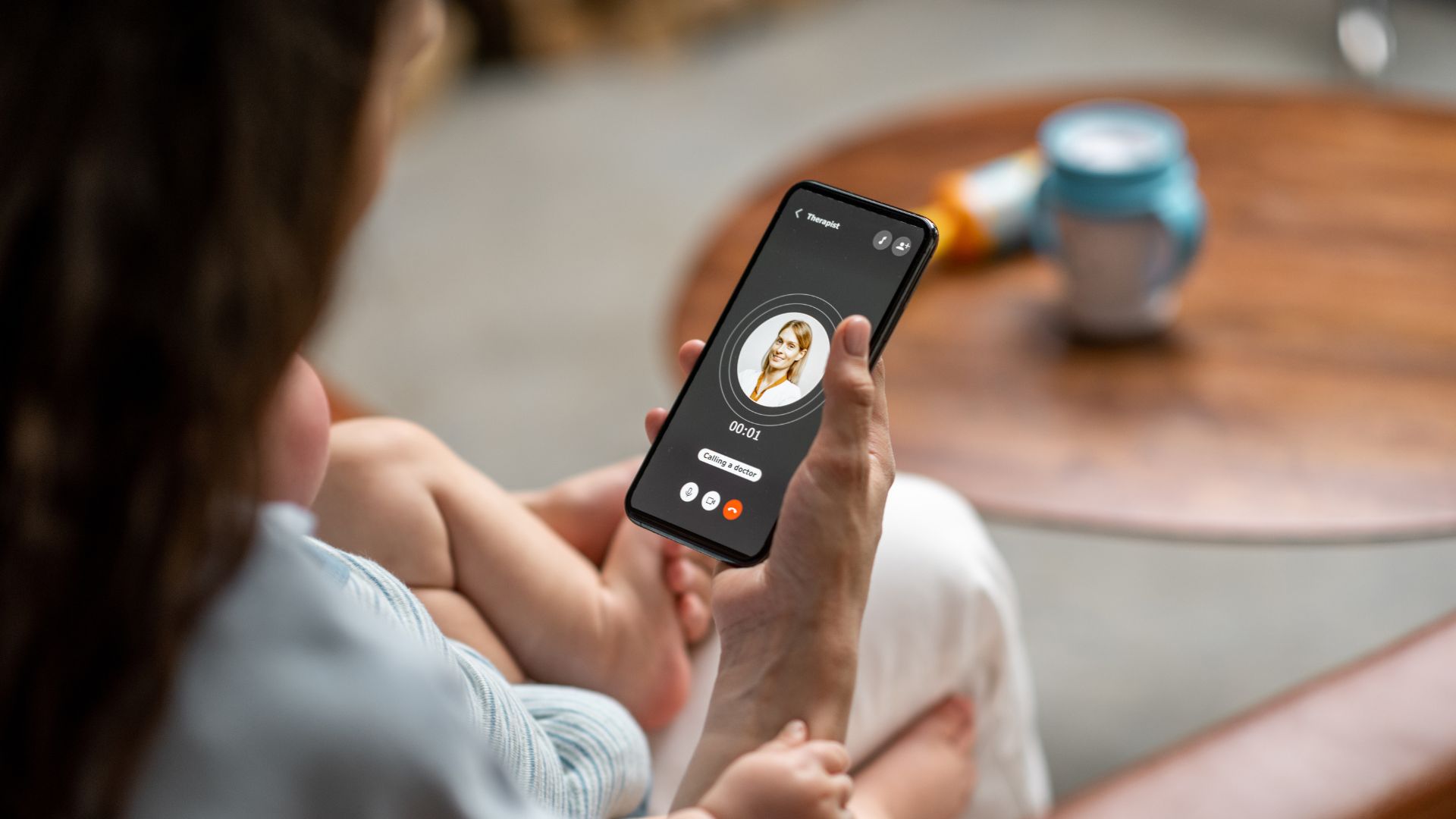

Chrystel Erotokritou
Space & Connectivity


Continuing the intensification of regulatory conditions around the provision of voice services and the rules to use numbering resources to protect consumers and end-users from the increasing and sophisticated forms of scams, the US Federal Communications Commission (FCC) has proposed new consumer protections against AI-generated robocalls and robotexts.
The proposal invites public input on how to define AI-generated calls. It requires callers to disclose their use of AI in calls and text messages, supports technologies that help consumers identify and avoid unwanted and illegal AI robocalls, and ensures that beneficial uses of AI for people with disabilities can continue without legal risk.
The proposed protections suggest defining AI-generated calls and mandating that callers disclose their intent to use AI-generated calls and texts when obtaining prior express consent. Callers would also need to inform consumers during each call that they receive an AI-generated message, allowing them to recognise and avoid those calls or texts, which may pose a higher risk of fraud and other scams.
Additionally, the proposal includes measures to protect the positive applications of AI that assist people with disabilities in using telephone networks, safeguarding them from potential liability under the Telephone Consumer Protection Act. The FCC seeks further feedback and information on emerging technologies that can alert consumers to unwanted and illegal AI-generated calls and texts.
The proposed rules are part of a broader effort by the FCC to protect consumers from AI-generated scams that mislead and misinform the public, enabling consumers to make informed decisions. The FCC has also proposed new transparency standards that would require disclosure when AI technology is used in political ads on radio and television.
Recently, the FCC adopted a Declaratory Ruling clarifying that the use of voice cloning technology in common robocall scams is illegal without the prior express consent of the called party or an exemption. It has also proposed substantial fines for illegal robocalls using deepfake AI-generated voice cloning technology and caller ID spoofing to spread election misinformation to potential New Hampshire voters before the January 2024 primary.
Access Partnership closely monitors regulatory updates globally. If you are interested in learning more about the rules for the provision of voice services around the world or the FCC consultation, please contact Chrystel Erotokritou at [email protected] or Juliana Ramirez at [email protected].



